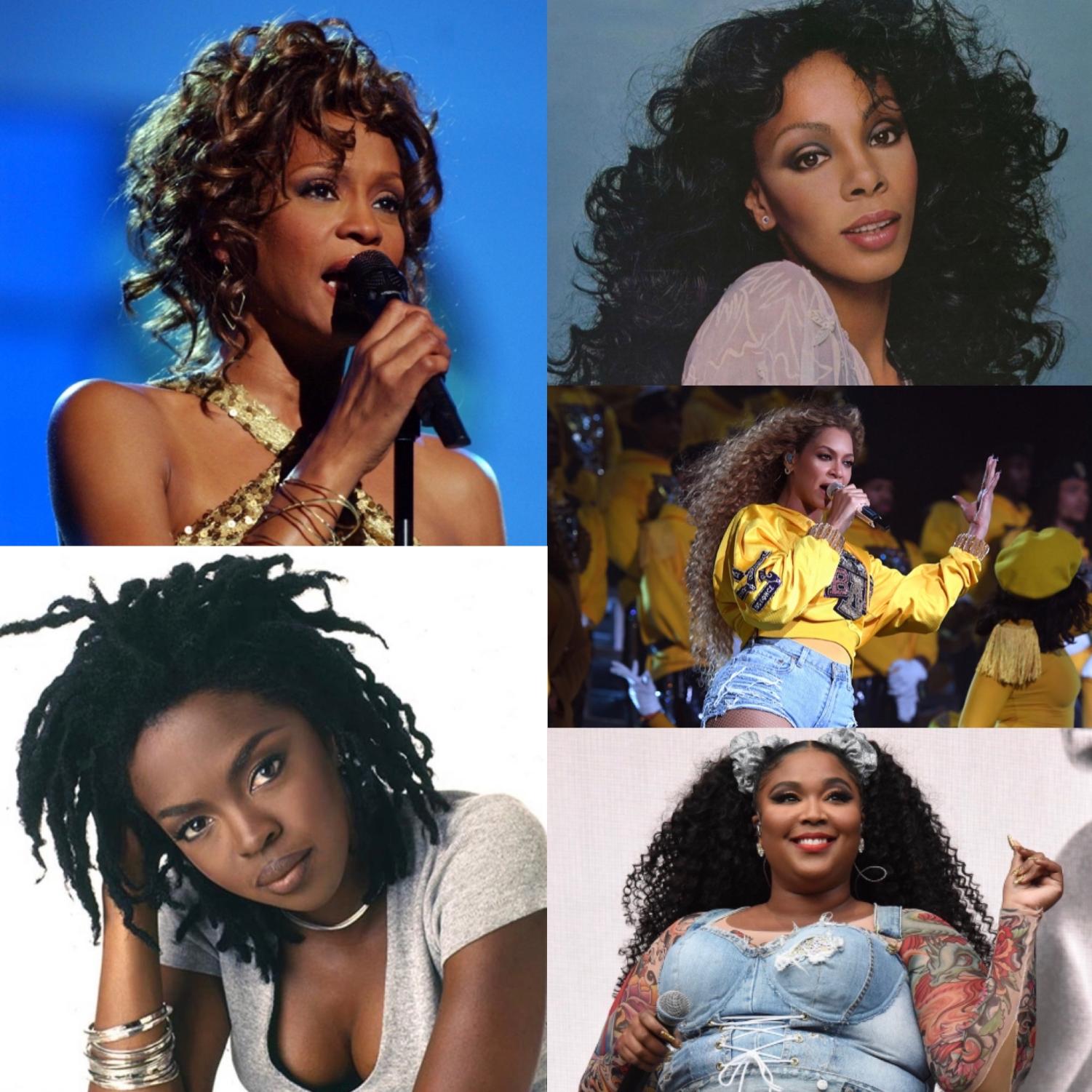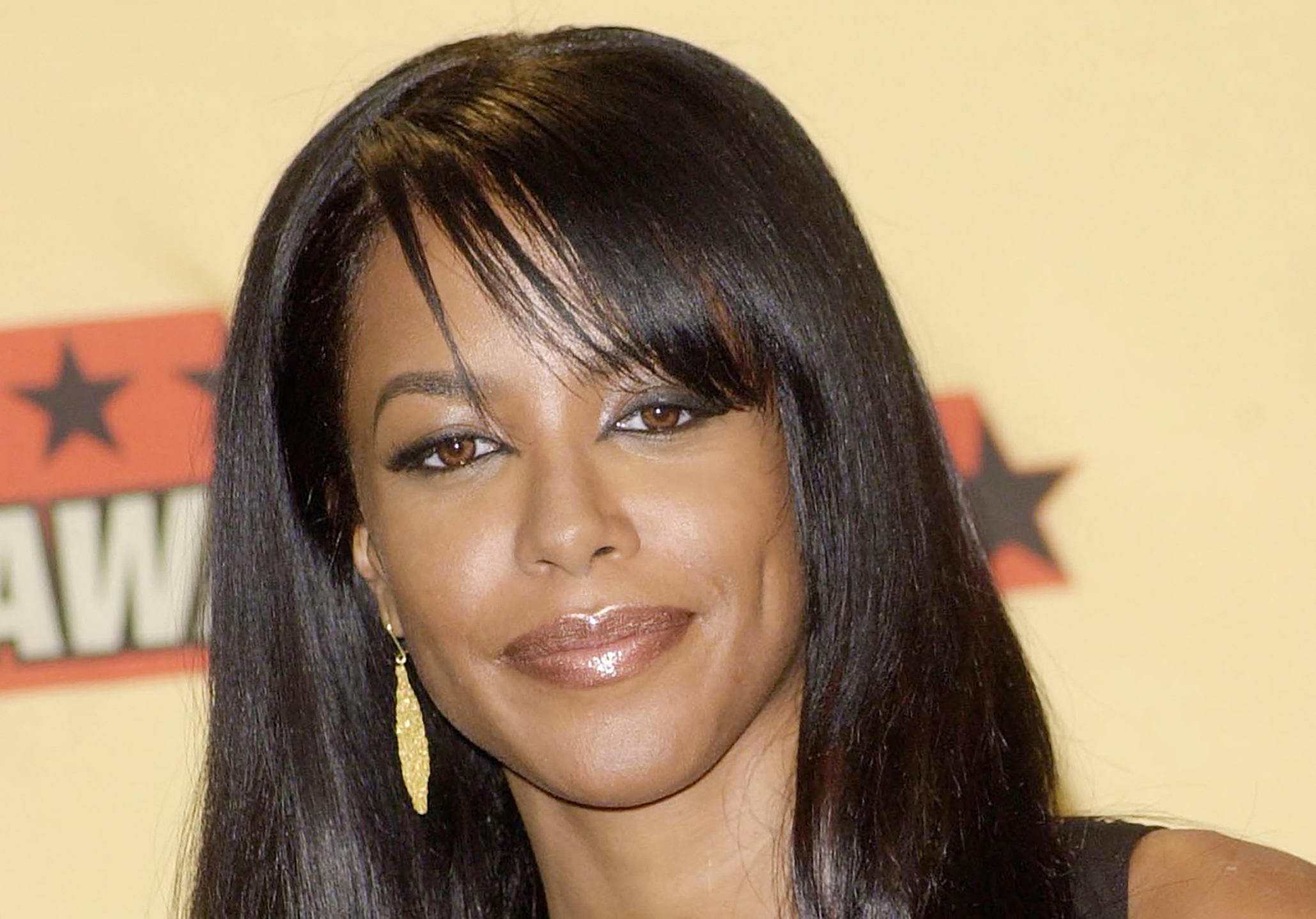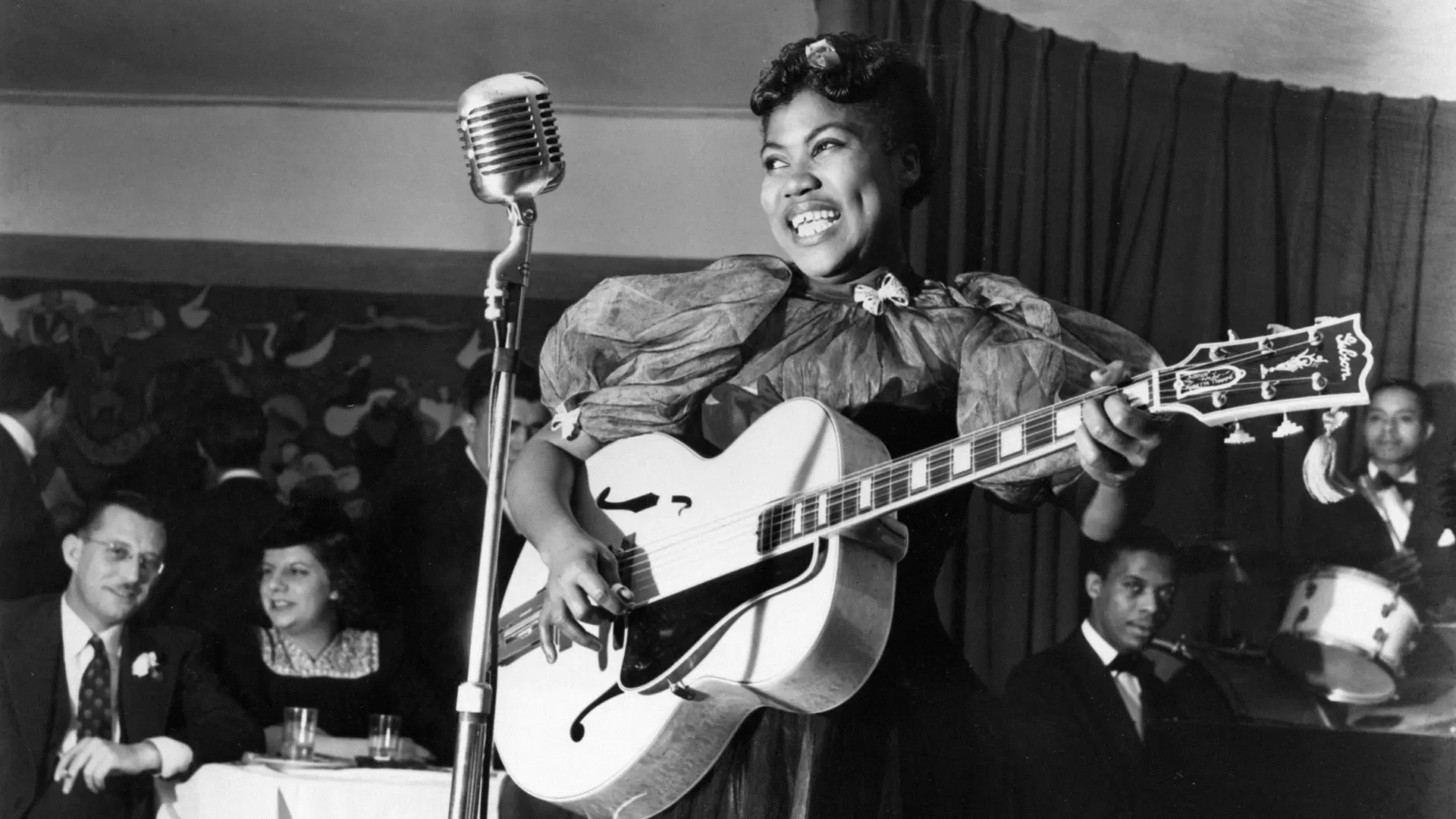Black Female Singers: Celebrating The Voices That Changed Music Forever
When you think about black female singers, it's like stepping into a world where soul, rhythm, and pure emotion collide. These incredible artists have shaped the music industry with their unique voices, breaking barriers and inspiring millions around the globe. From the legends of the past to the modern-day superstars, black female singers have left an indelible mark on the world of music. Their stories, struggles, and triumphs are nothing short of extraordinary.
Music has always been more than just sound; it's a powerful form of expression. Black female singers have used their voices to speak up for justice, equality, and love. They’ve turned pain into art and transformed struggles into anthems that resonate with people from all walks of life. Their influence extends beyond music into culture, fashion, and even politics.
So, whether you’re a longtime fan or just discovering the magic of black female singers, this article is your ultimate guide. We’ll dive deep into their history, achievements, and the impact they’ve had on the music industry. Let’s celebrate these trailblazing artists together!
- Jeon Jung Hyun A Deep Dive Into His Date Of Birth And Life
- Shacarri Richardson Workout Plan Achieving Speed And Strength
Table of Contents
- Biography of Iconic Black Female Singers
- The Historical Impact of Black Female Singers
- Modern-Day Superstars in the Music Industry
- Key Contributions to Music and Culture
- Challenges Faced by Black Female Singers
- Their Influence on Pop Culture
- Breakthrough Moments in Their Careers
- Longevity in the Industry
- Iconic Collaborations and Partnerships
- The Future of Black Female Singers
Biography of Iconic Black Female Singers
Data and Facts About Iconic Artists
Let’s kick things off with a look at some of the most iconic black female singers who’ve graced the stage. From Aretha Franklin to Beyoncé, these women have not only dominated the charts but also redefined what it means to be a singer. Here’s a quick snapshot:
| Name | Birth Year | Genre | Famous Songs |
|---|---|---|---|
| Aretha Franklin | 1942 | Soul, R&B | "Respect," "Think," "Natural Woman" |
| Whitney Houston | 1963 | Pop, R&B | "I Will Always Love You," "Greatest Love of All" |
| Beyoncé | 1981 | Pop, R&B, Hip-Hop | "Crazy in Love," "Single Ladies," "Formation" |
| Diana Ross | 1944 | Pop, R&B | "Ain't No Mountain High Enough," "I'm Coming Out" |
These women didn’t just sing; they created music that changed the game. Their stories are filled with passion, resilience, and a desire to leave a legacy. Now, let’s dive deeper into their journeys.
The Historical Impact of Black Female Singers
Black female singers have always been at the forefront of change. Back in the day, when segregation was a harsh reality, these artists used their voices to fight for civil rights. Artists like Nina Simone and Mahalia Jackson weren’t just singers; they were activists who used their platforms to demand equality. Their music became anthems for the Civil Rights Movement, giving hope to millions.
- Diddy Legal Defense Understanding The Complexities And Implications
- Amal Clooney A Journey Through Advocacy And Transformation
In the 60s and 70s, soul and R&B became dominant forces in the music industry. Aretha Franklin, often called the "Queen of Soul," became a symbol of empowerment for women and minorities everywhere. Her hits like "Respect" became rallying cries for change. Meanwhile, Diana Ross and The Supremes were breaking records and barriers, becoming the first African American act to achieve mainstream success.
Fast forward to today, and the legacy continues. Artists like Beyoncé and Alicia Keys are not only dominating the charts but also using their influence to address social issues. Their impact is felt not just in music but in the broader cultural landscape.
Modern-Day Superstars in the Music Industry
Who’s Making Waves Today?
Right now, the music scene is packed with black female singers who are killing it. Beyoncé, obviously, is still ruling the charts with her powerful vocals and groundbreaking visuals. But she’s not alone. Artists like Rihanna, Ari Lennox, and H.E.R. are making waves with their unique sounds and messages.
- Rihanna: Known for her versatility, Rihanna has transitioned from pop sensation to global icon. Her work in fashion and beauty is just as impactful as her music.
- Ari Lennox: With her smooth neo-soul sound, Ari Lennox is capturing hearts one song at a time. Her authenticity shines through in every track.
- H.E.R.: This Grammy-winning artist is all about storytelling. Her music speaks to the soul, addressing topics like love, self-worth, and social justice.
These artists are not just musicians; they’re cultural influencers who are shaping the future of music. Their creativity knows no bounds, and their impact is felt worldwide.
Key Contributions to Music and Culture
When you talk about black female singers, you’re talking about contributions that go far beyond music. They’ve influenced fashion, language, and even the way we think about relationships. Take Beyoncé’s "Lemonade," for example. It wasn’t just an album; it was a cultural moment that sparked conversations about race, gender, and identity.
Then there’s Whitney Houston, whose voice was so powerful it became synonymous with perfection. Her rendition of "The Star-Spangled Banner" at Super Bowl XXV is still considered one of the greatest performances of all time. And let’s not forget Diana Ross, who paved the way for black women in Hollywood with her acting career.
These artists have contributed so much to the world, and their impact will be felt for generations to come.
Challenges Faced by Black Female Singers
Despite their success, black female singers have faced numerous challenges. From racial discrimination to gender bias, they’ve had to overcome obstacles that many of their peers haven’t had to deal with. In the early days, these artists often had to fight just to get their music heard. Even today, issues like tokenism and stereotyping persist.
However, these challenges have only made them stronger. They’ve used their struggles to fuel their art, creating music that resonates deeply with their audiences. Their resilience is a testament to their strength and determination.
Their Influence on Pop Culture
Black female singers have left an indelible mark on pop culture. From the way we dress to the music we listen to, their influence is everywhere. Think about the impact of Beyoncé’s "Formation" on the conversation around Black excellence. Or the way Rihanna’s Fenty Beauty line revolutionized the beauty industry by offering shades for all skin tones.
They’ve also played a crucial role in shaping the sound of music. Genres like R&B, soul, and hip-hop owe much of their success to the contributions of black female singers. Their innovation and creativity have kept these genres fresh and relevant.
Breakthrough Moments in Their Careers
Every great career has its defining moments, and black female singers are no exception. For Aretha Franklin, it was the release of "Respect," which became an anthem for the civil rights movement. For Whitney Houston, it was her debut album, which became the best-selling debut album by a female artist. And for Beyoncé, it was the release of her self-titled album in 2013, which broke records and set a new standard for album releases.
These breakthrough moments not only defined their careers but also changed the music industry as a whole.
Longevity in the Industry
One of the most impressive things about black female singers is their ability to maintain relevance over time. Artists like Diana Ross and Tina Turner have had careers that span decades, proving that talent and hard work can lead to longevity. They’ve adapted to changing trends and continued to evolve as artists.
Today’s artists are following in their footsteps, using social media and other platforms to stay connected with their fans. This digital savvy has helped them extend their reach and stay relevant in an ever-changing industry.
Iconic Collaborations and Partnerships
When Great Voices Come Together
Some of the most memorable moments in music history have come from collaborations between black female singers. Think about Aretha Franklin and Whitney Houston’s duet at the 1993 Soul Train Music Awards. Or Beyoncé and Jay-Z’s "Crazy in Love," which became a cultural phenomenon. These partnerships have resulted in some of the greatest songs of all time.
Collaborations aren’t just limited to music, either. Black female singers have teamed up with fashion designers, filmmakers, and other artists to create multi-dimensional projects that push the boundaries of creativity.
The Future of Black Female Singers
Looking ahead, the future for black female singers is bright. With new platforms and opportunities emerging all the time, these artists have more ways than ever to connect with their audiences. The rise of streaming services has given them greater control over their music, allowing them to reach fans directly.
As they continue to break barriers and set new standards, black female singers will undoubtedly shape the future of music. Their voices will continue to inspire, challenge, and uplift us all.
Conclusion
Black female singers have been and continue to be the heartbeat of the music industry. Their contributions have not only enriched the world of music but have also had a profound impact on culture and society. From the legends of the past to the superstars of today, these artists have shown us the power of music to bring about change.
So, the next time you hear a black female singer’s voice, take a moment to appreciate the journey that brought her there. And don’t forget to share this article with your friends and family. Let’s keep the conversation going and celebrate these incredible women together!



Detail Author:
- Name : Mr. Lula Schimmel
- Username : kuhn.gregorio
- Email : kling.danielle@lynch.info
- Birthdate : 1995-10-17
- Address : 47789 Kulas Mountain Suite 036 Gloverfort, CO 37103-5136
- Phone : +1 (747) 909-3446
- Company : DuBuque, Schultz and Kilback
- Job : Actor
- Bio : Ratione nihil et eum beatae ipsum. Nam voluptas iure vel odio. Consectetur aut totam tempora nam voluptas.
Socials
instagram:
- url : https://instagram.com/thurman1951
- username : thurman1951
- bio : Corrupti nemo rerum sit adipisci natus. Pariatur dignissimos qui eum non soluta quibusdam aliquam.
- followers : 4135
- following : 1604
tiktok:
- url : https://tiktok.com/@thurman.franecki
- username : thurman.franecki
- bio : Minus reprehenderit et perspiciatis labore quasi est.
- followers : 1604
- following : 632